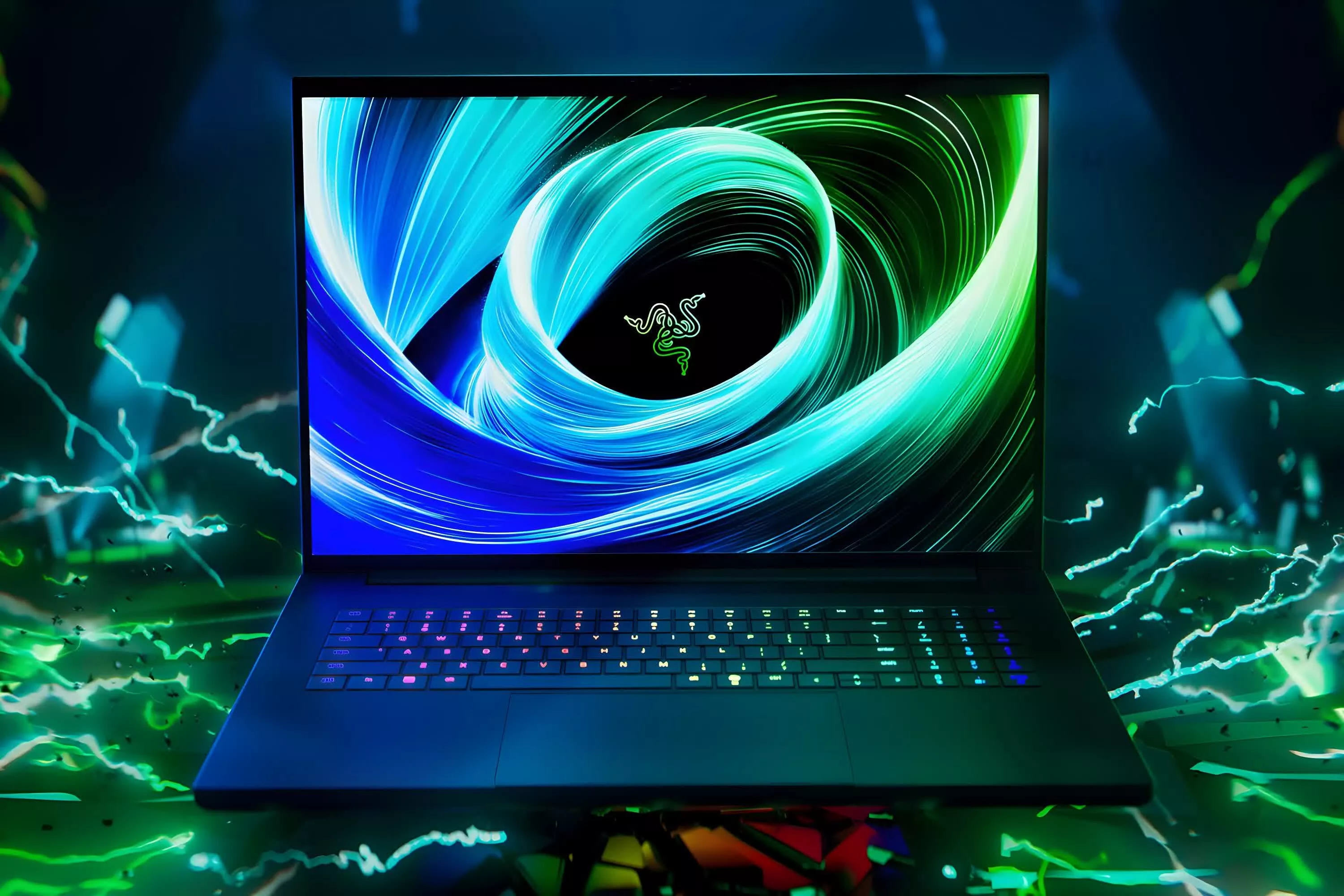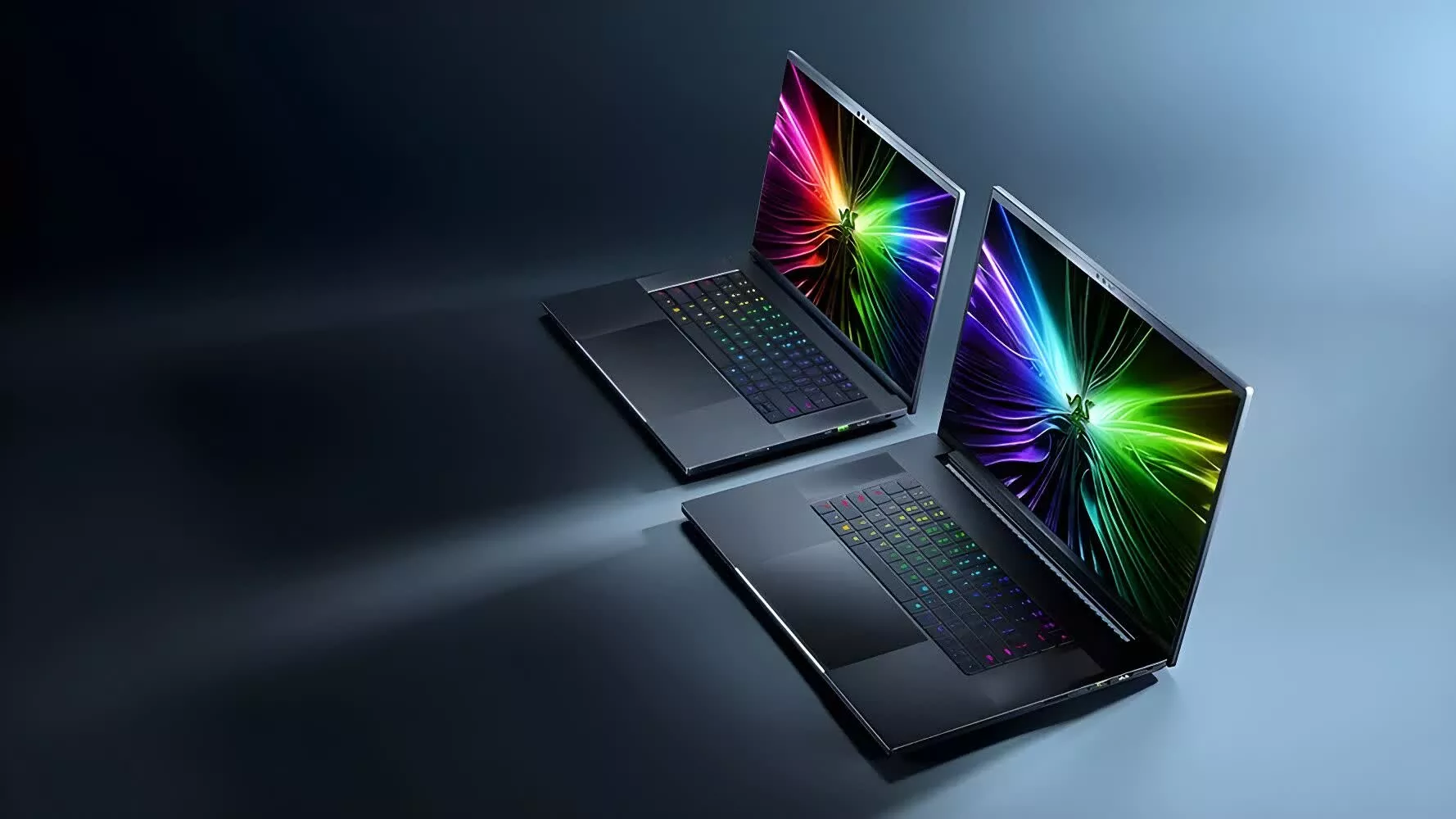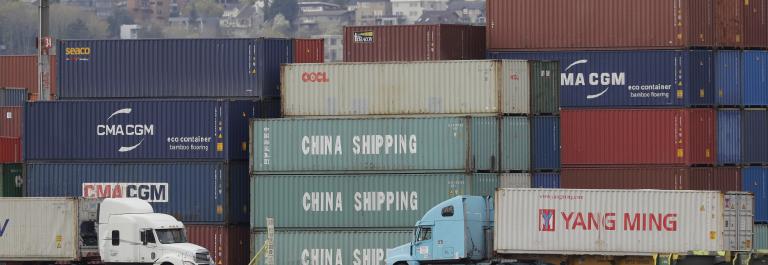What just happened? In a move that is almost certainly a response to the Trump administration's tariffs, Razer has temporarily stopped direct sales of its new laptops in the US. The move comes after laptop maker Framework halted sales of its Laptop 13 model in the US and canceled preorders for the new Laptop 12 today.

Razer's US website currently shows no 16-inch or 18-inch Blade laptops for sale. The older Blade 14 that comes with an RTX 4060, as well as some accessories and skins, is still available.
The links that previously directed users to purchase or pre-order the affected items have been replaced with a Notify Me button, which scrolls the page down to a section for registering interest and receiving updates.
The configurator for preordering the new Blade 16 laptop was last working on April 1, the day before the Trump administration announced the US tariffs on China and other countries that manufacture laptop parts.

Razer has refused to answer any questions about the pause in sales being related to the tariffs. Razer Public Relations Manager Andy Johnston told The Verge, "We do not have a comment at this stage regarding tariffs."
However, it's a virtual certainty that the move is a response to the tariffs. Framework, the laptop maker focused on making its products repairable and upgradeable, this week said it was temporarily pausing its US sales on some of its base Framework Laptop 13 systems, removing them from its website. The company also canceled the opening US preorders for the new Laptop 12 today, and has not announced a price.
Framework explained that it had priced its laptops when tariffs on imports from Taiwan were 0%. At a 10% tariff, the company would have to sell its lowest-end laptop at a loss. "Other consumer goods makers have performed the same calculations and taken the same actions, though most have not been open about it," Framework wrote.
Nintendo also responded to the tariffs, stopping pre-orders for the Switch 2 in the US.
Also missing from Razer's website is the new laptop stand that it announced only yesterday – it also shows a Notify Me button. The stand is available from Razer's Canadian website for $99.99 CAD, and those in Canada can still access the Blade 16 configurator.
The new, RTX 5000-series Blade laptops and other accessories are available to buy from Razer's website in other countries, too.
We don't know when new Blade laptops will be back in stock, or if the already high price of these products will be increased.
Razer pulls new Blade laptops from its US store amid tariff concerns
